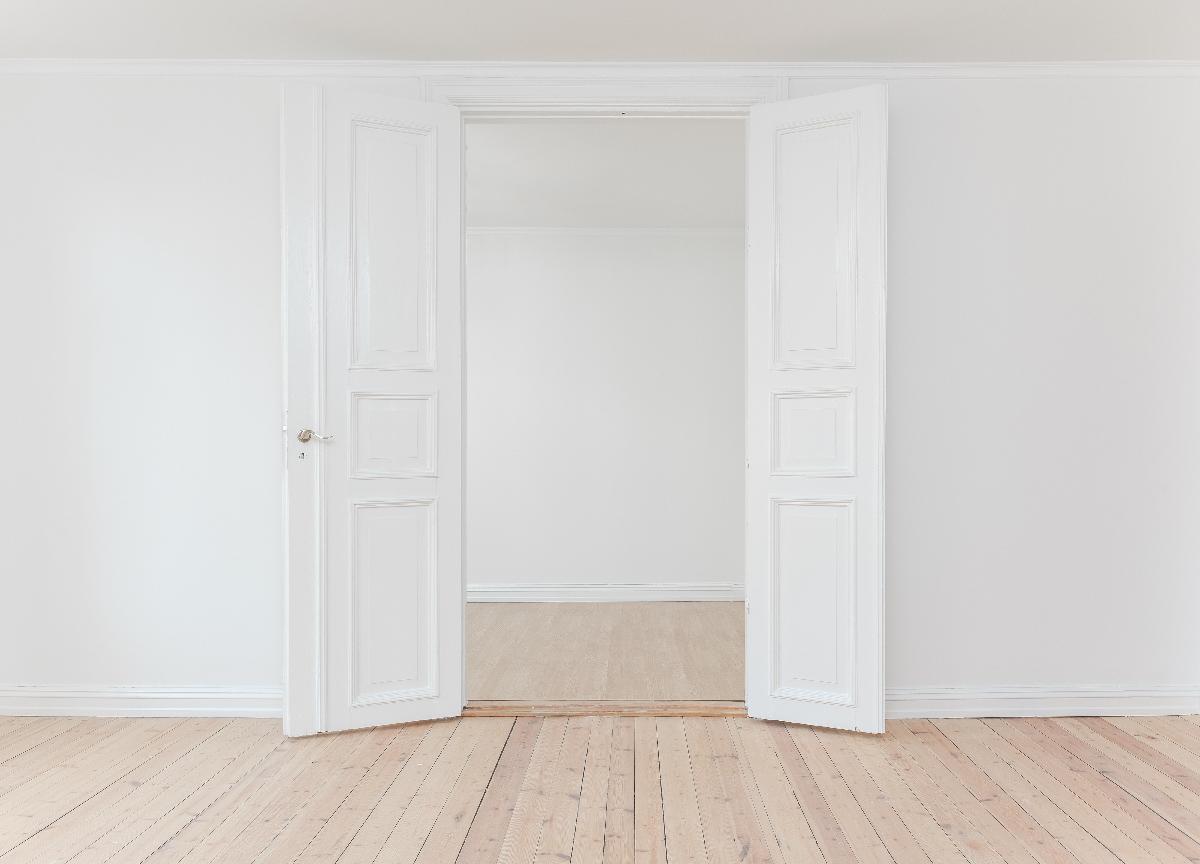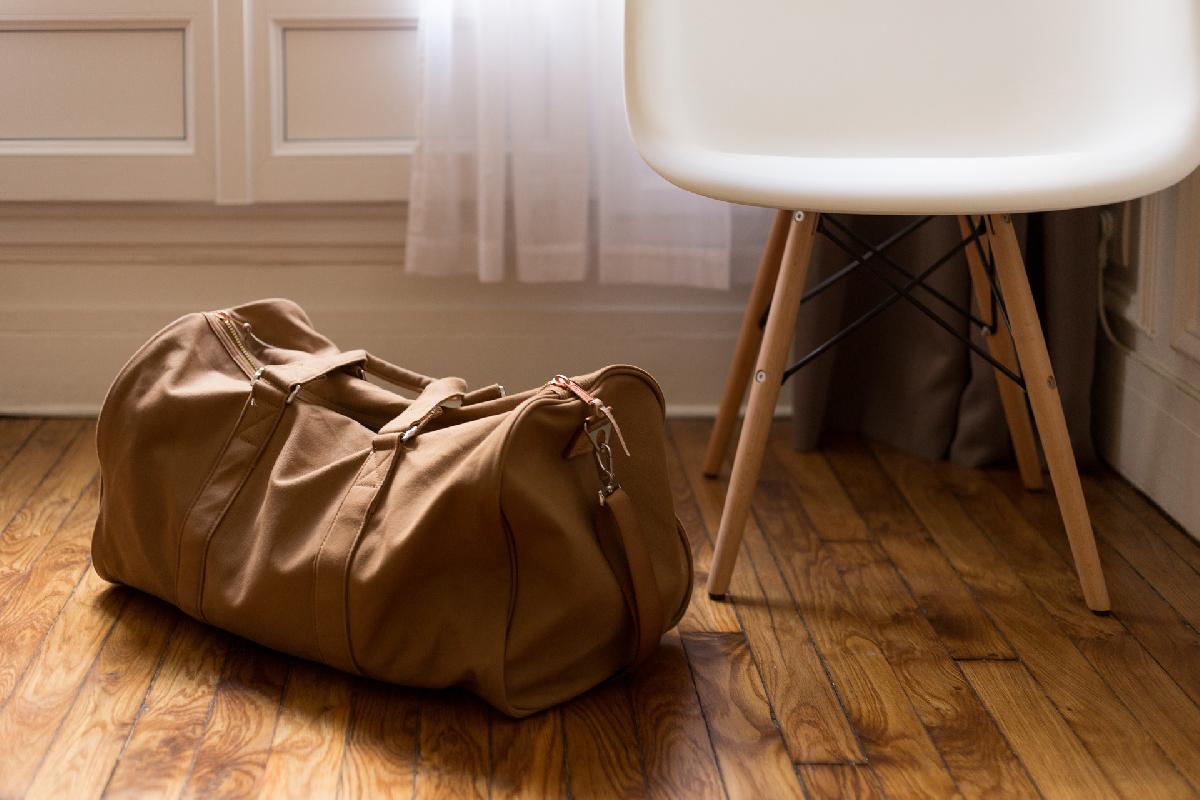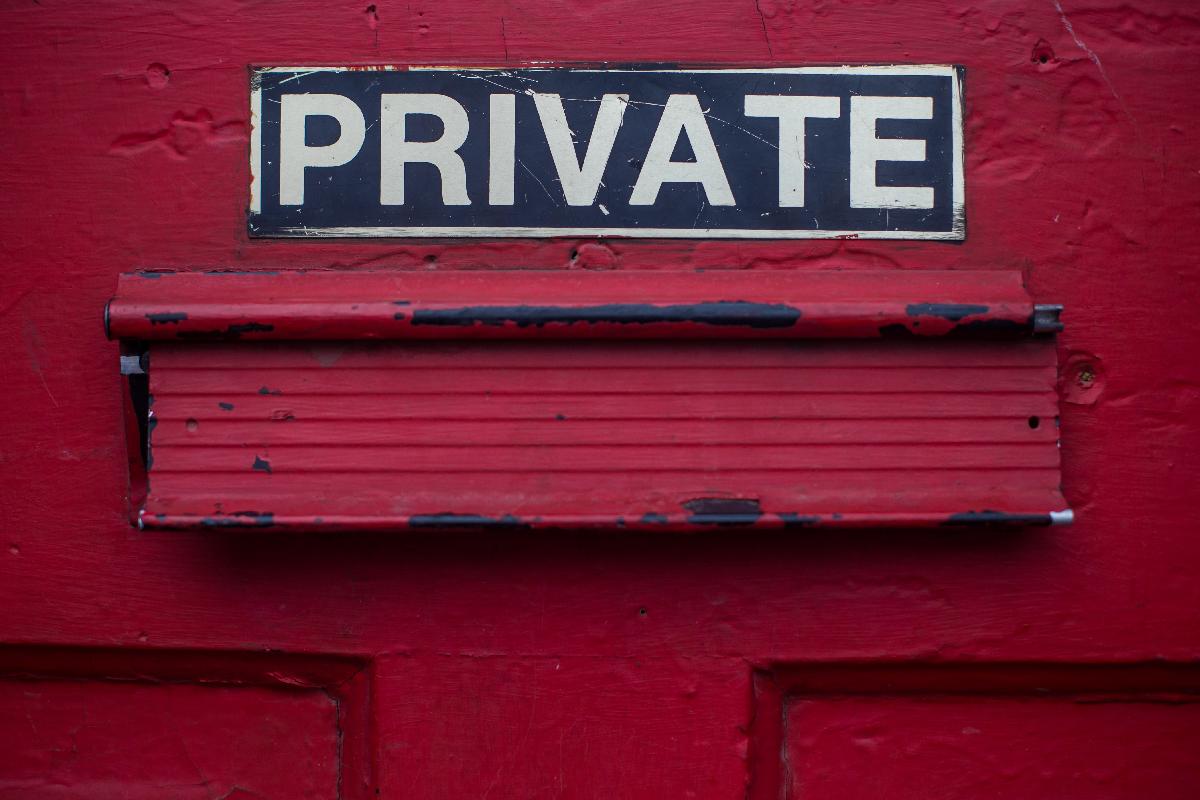If you think that the presence of a bed and some old kitchen utensils couldn’t possibly make that much of a difference to your tenancy agreement, then you’d be mistaken. A furnished property has a minimum contract of one year, whilst for unfurnished it’s three years if you’re renting from an individual, or six years if from a company or society. This gives you a little protection should you love your new home, but your landlord wants to get you out after your first year is up.
But, a microwave and some shelving is not enough to make a property furnished. Don’t let your landlord try and fob you off with an unfurnished rental masquerading as furnished just so he can give you a shorter lease; the government has a legal definition of what exactly constitutes a furnished flat, and it must include: bedding, stove, oven or microwave oven, fridge and freezer, crockery, kitchen utensils, tables and seats, storage shelves, lighting and housekeeping equipment.
Also, make sure you have clarity on what’s staying inside the flat. If furniture disappears and it’s not outlined in an inventory, your landlord may be trying to pull a fast one. Looking to furnish your unfurnished apartment? Why not read our guide to the best furniture shops in Paris.

Your tenancy agreement or contrat de bail can be your best friend, or your worst nightmare depending on what’s inside it. Although this must be signed before your tenancy starts (a date should be specified within this contract), don’t rush and sign in desperation as this can be something you’ll regret later. As a bare minimum, ensure there aren’t any clauses which prevent you from taking your landlord to court in case of a disagreement. Check for any other clauses which aren’t in your favour too by reading on, but also think about adding any in to protect yourself if you have special circumstances (e.g. you may suddenly have to leave the property). Once you’ve signed, then the law is no longer on your side so make sure you understand everything.

Insurance is one thing that’s more on the landlords side, but with good reason. Although not mandatory, most landlord’s do ask for this. Don’t try to chance it by not getting any, if you’re asked to provide proof of insurance and you fail then the landlord can purchase it on your behalf and charge you, or worse, evict you (if there’s a clause outlined in your agreement). It’s a small price to pay to protect you, your possessions, and your landlord’s property from water damage, fire, explosion and theft.

Your rental agreement will outline who is responsible for settling any property costs e.g. city tax, utilities, maintenance of communal areas. If something sounds unreasonable, it probably is. The government now regulates what expenses a tenant can be made reliable for, so investigate further if you’re not sure. Having a French bank account can make payments like these cheaper and easier, check out our guide on how to open a bank account in France.

Renting is all about compromise. Whilst it’s unfair for your landlord to expect you to fork out for ceiling repairs, it’s bad of you to ignore a leak for so long that it caused the damage in the first place. Minor repairs and routine maintenance fall under your remit, you’ll be responsible for keeping the garden trimmed, fixing interior damage, unblocking plumbing and chimneys alongside the obvious gas and electricity (No heating in winter? Maybe it’s time to start dressing how Parisian’s do in winter to fight the cold.). Report everything else to your landlord as it’s their responsibility. If they fail to fix major repairs within 21 days then you have the right to reduce your rent.

Any professional services that are required in the process of the lease should be covered by the lessor. This means any estate agent, house visit or legal fees are the responsibility of the landlord.
Sometimes the fees may be split between you and your landlord. If this is the case, what you are required to pay is capped:

Though these words can send shivers down your spine, they don’t have to. Once again, a strong lease agreement is key here; if rental increases aren’t specified within it you may be protected. At most, existing leases are only subject to one rent increase per year in accordance with inflation or local market fluctuation.
Also, check to see if you live within a rent-controlled area (zone tendue) where housing demand is greater than the supply. If so, there’s a 20% cap on any rental increases, and if your new lease is priced above this cap then you can request a reassessment to decrease your rent.
Whatever your situation, check your latest rent increase to see whether it’s inline with the quarterly benchmark rents in your area, as published by INSEE (National Institute of Statistics and Economic Studies). If they’re not, you may have a case. Rental prices shouldn’t be the only factor in where you want to live though. Read our advice on where to live as an expat family in Paris.

Drumming up enough cash for a deposit can be difficult for some. We recommend that you pay your rent in advance, which means your landlord cannot request a deposit from you. Otherwise, you’ll have to pay a deposit that’s upto two months worth of rent.
To make it easier to get your deposit back, when you move in make sure to take photos of the interior and exterior of your building, alongside items outlined in your inventory so you have proof of their condition should you have any disputes.

Don’t worry about being turfed out on the streets, Paris’ protective pro-tenant laws make it difficult unless the building is about to fall down, or the mayor demands it. Otherwise, your landlord will have to give you notice before the end of your contract: six months for unfurnished properties, and three months for furnished. If their request falls inside of this period, then if it’s outlined within your rental agreement then your contract should automatically renew. Also, your landlord must also have a good reason for ending your lease agreement e.g. they or their family want to occupy it, sale of the property or tenancy agreement violations.
On your side, you only have to give one months notice in Paris. Just remember that email/verbal notice will not suffice, you will need to do it via one of these letter formats:

You should never find yourself in the awkward situation where you find an unwanted visitor inside your house. Your landlord cannot enter the property without your consent, and if they do they can be charged with trespassing or harassment in repeat cases. Also, they won’t be able to conduct annual ‘check ups’ unless already outlined in your rental contract.
Even for essential work or maintenance your landlord will need your approval to enter. What this doesn’t mean is that they can build a conservatory, or get painters in during your tenancy, improvements are not part of your responsibility.

By the large, you enter a mutually beneficial agreement with your landlord when you choose to live in their property. But if things do go wrong, there’s a number of places you can turn:
